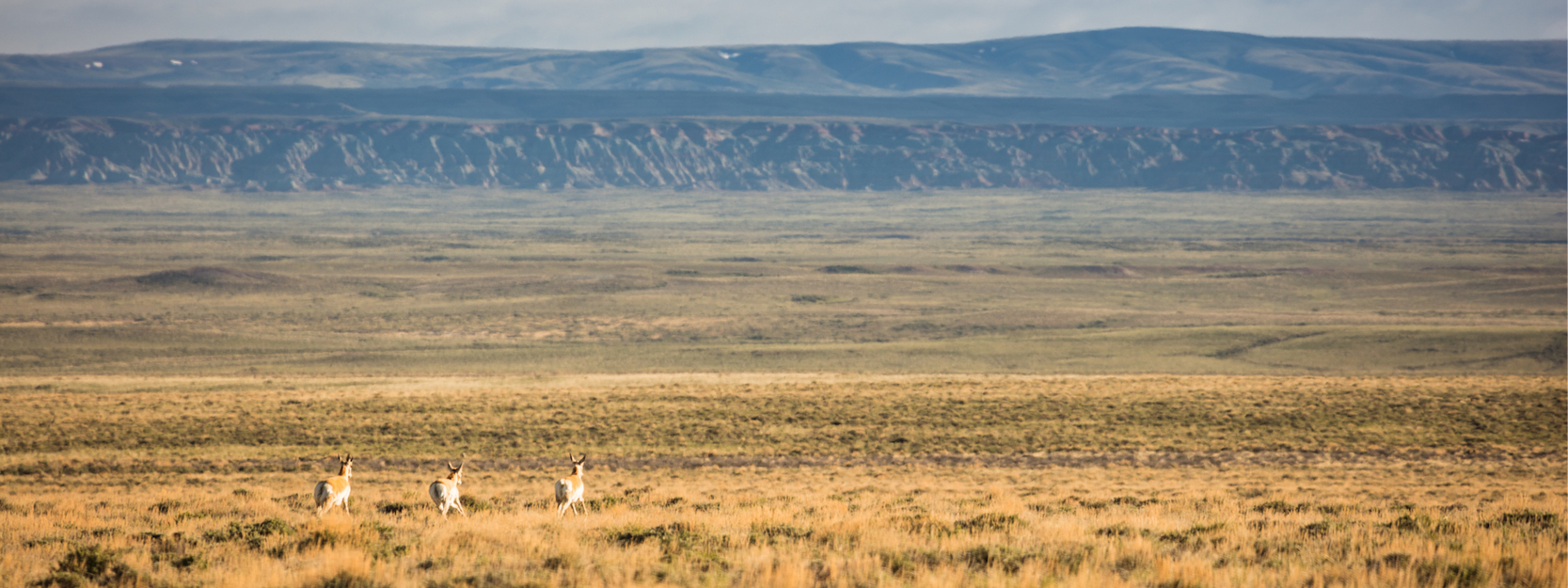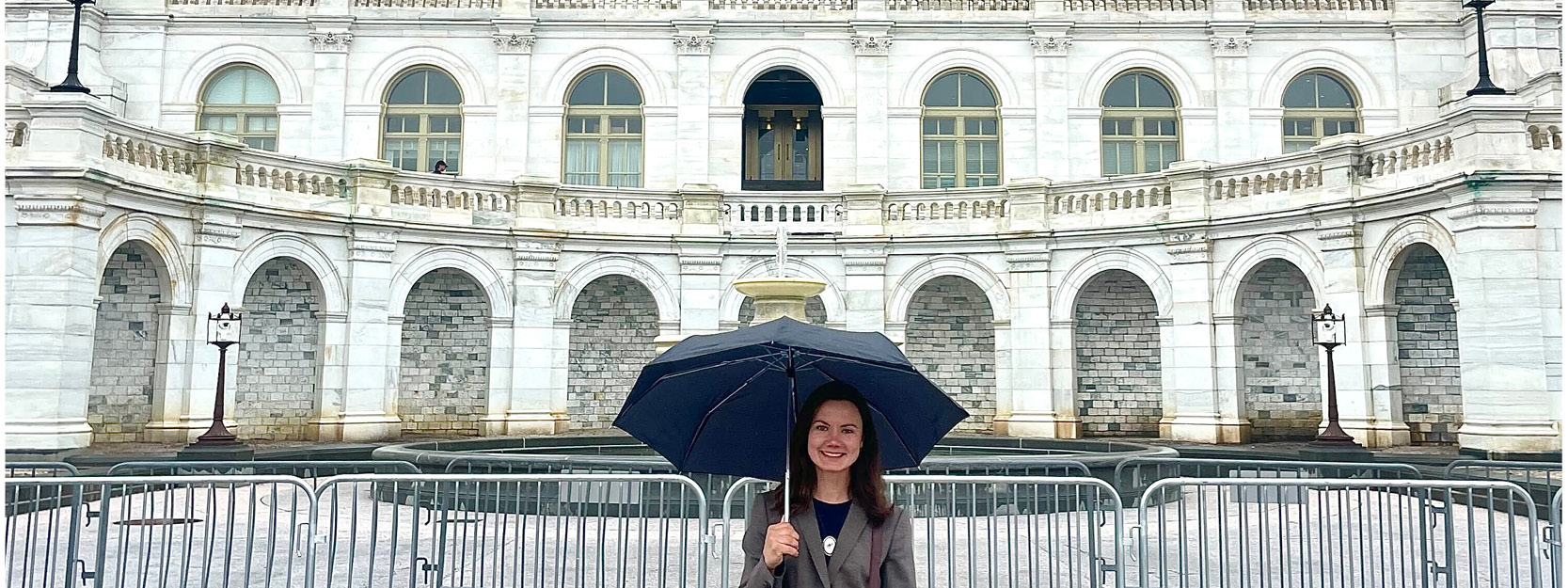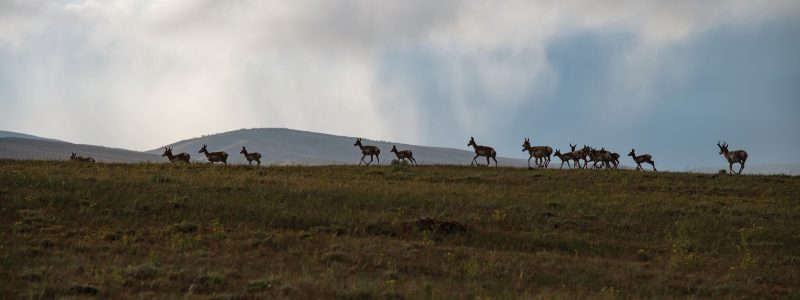For millennia, Sublette Pronghorn have traveled the same time-worn migratory pathways, moving from Wyoming’s Green River Basin to lush summer ranges as far north as the Tetons. But in just the past 150 years, their journey has faced growing threats — from population crashes and barbed wire fences to energy development and rural subdivisions. Without bold and timely action, one of North America’s most iconic migrations could disappear.
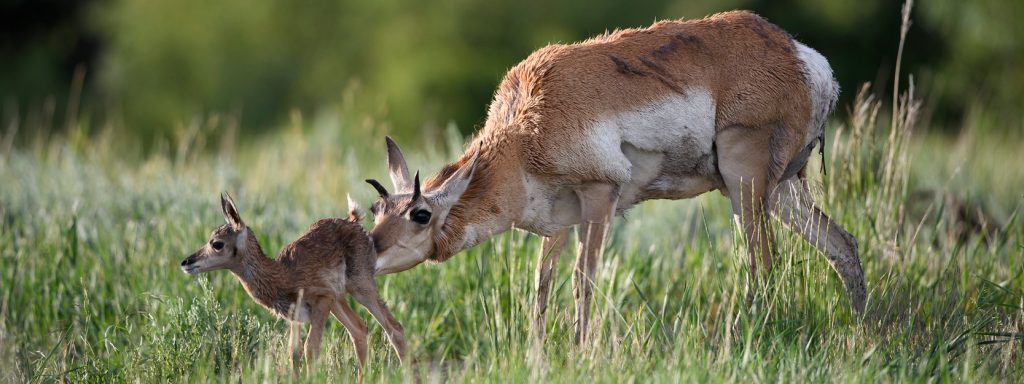
Formally designating this migration corridor is the critical step needed to ensure its long-term survival. Now, after decades of research, years of prep work, and a dash of delays along the way, Wyoming is finally on the cusp of designating its first pronghorn migration corridor.
The recent public comment period, which closed earlier this month, was the last meaningful opportunity for people to voice support for conserving the Sublette Pronghorn migration corridor. Those of us at the Wyoming Outdoor Council set out to encourage as much public engagement in the process as possible, to make sure decisionmakers heard overwhelming support for designation.
Well, you all showed up in force: At events around the state and online, more than 270 people took the time to comment, far exceeding our expectations. At this point, all we can say is thank you. Thank you for standing up for Wyoming’s pronghorn and making it clear just how much this migration corridor means to you.
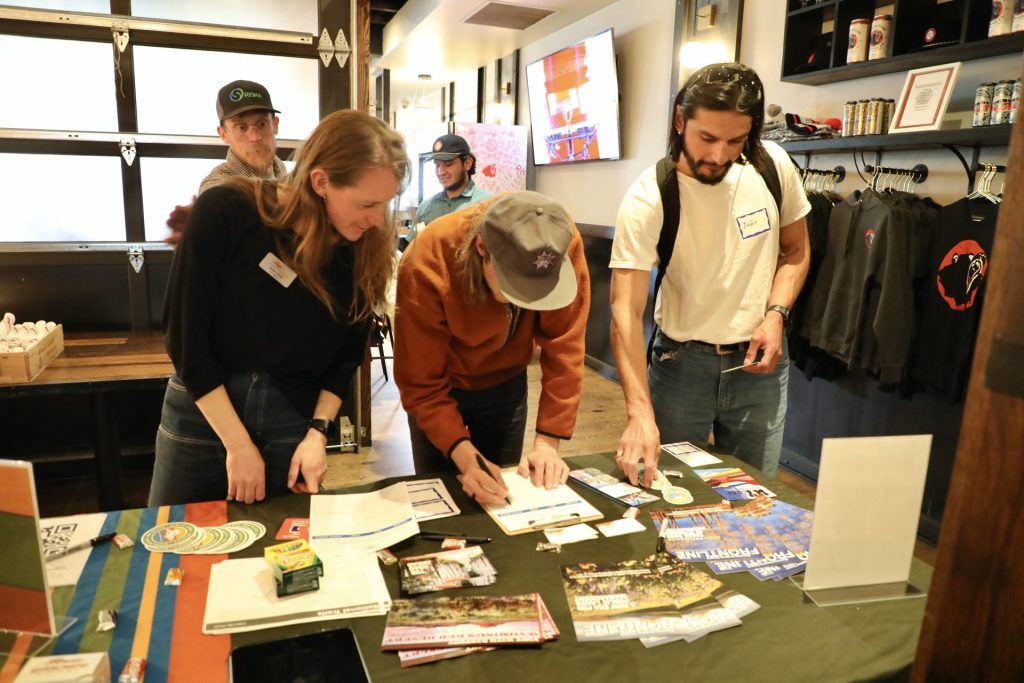

The truth is, resounding public support for designation could tip the scales for this corridor. In July, when the Wyoming Game and Fish Commission meets to vote on whether or not to recommend designation to Gov. Mark Gordon, we know there will be testimony that questions the need for full protections. But thanks to you, we are on a firmer footing to hold strong against efforts to disregard the data and pick the corridor apart.
The fight is far from over, but we can feel good knowing that we’ve made it easier for state officials to do the right thing for Sublette Pronghorn.
Truthfully though, the sheer volume of public comments is only one part of the story. It was an absolute joy to meet with people online and across Wyoming to talk about migration and hear how much the Sublette herd means to so many of you. We heard so many wonderful stories about how Sublette Pronghorn have touched, and continue to touch, your lives. Especially during a time that can feel scary and overwhelming at the national level, it has been indescribably uplifting to join with so many of you in the common cause of protecting Wyoming’s wildlife.
As the July Game and Fish Commission meeting approaches, we will continue doing everything we can to ensure these pronghorn can carry out the long-distance migration they depend on. Thank you for fueling this effort — and for inspiring a renewed collective commitment to Sublette Pronghorn.

MEGHAN RILEY
Wildlife Program Manager
meghan@wyomingoutdoorcouncil.org

